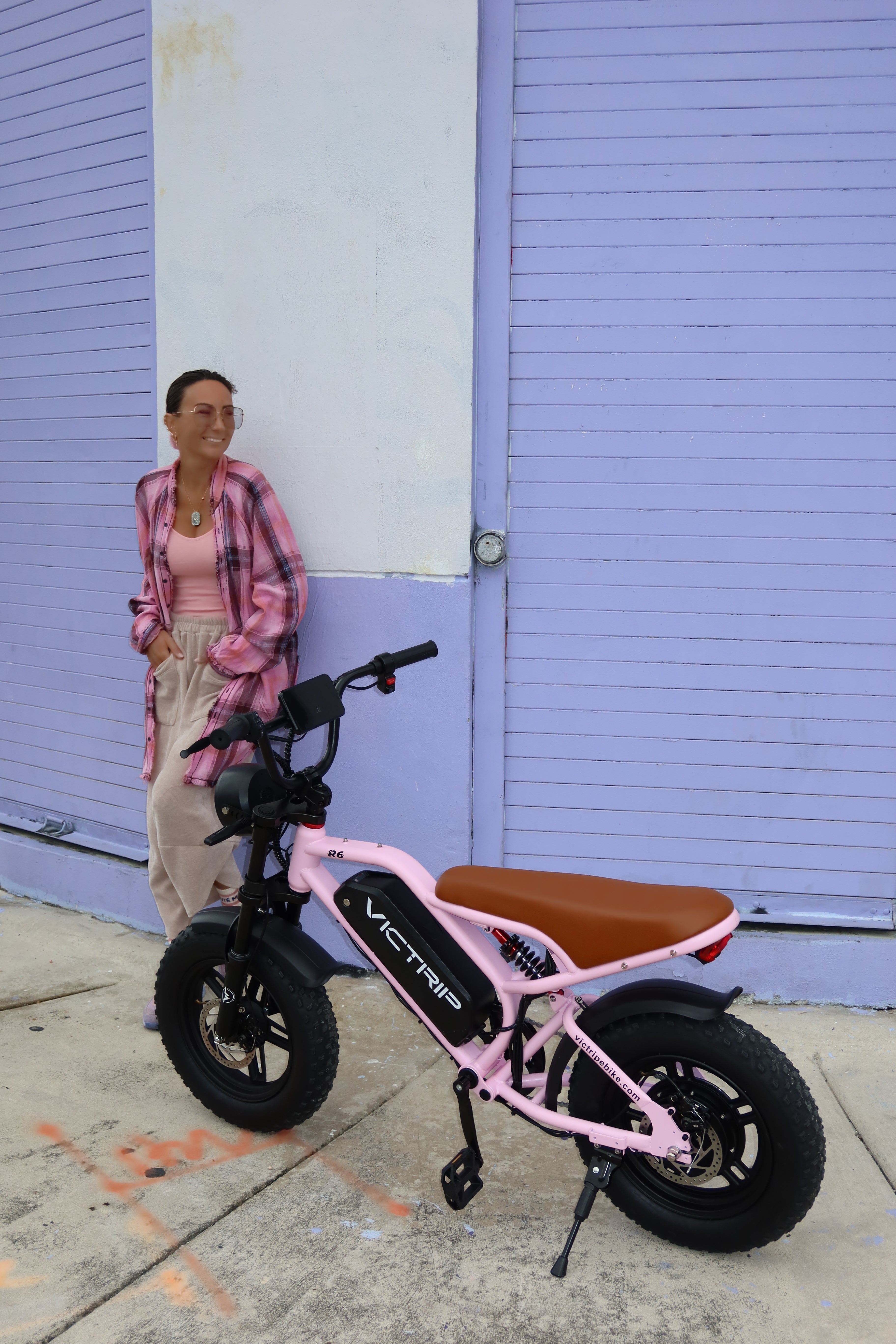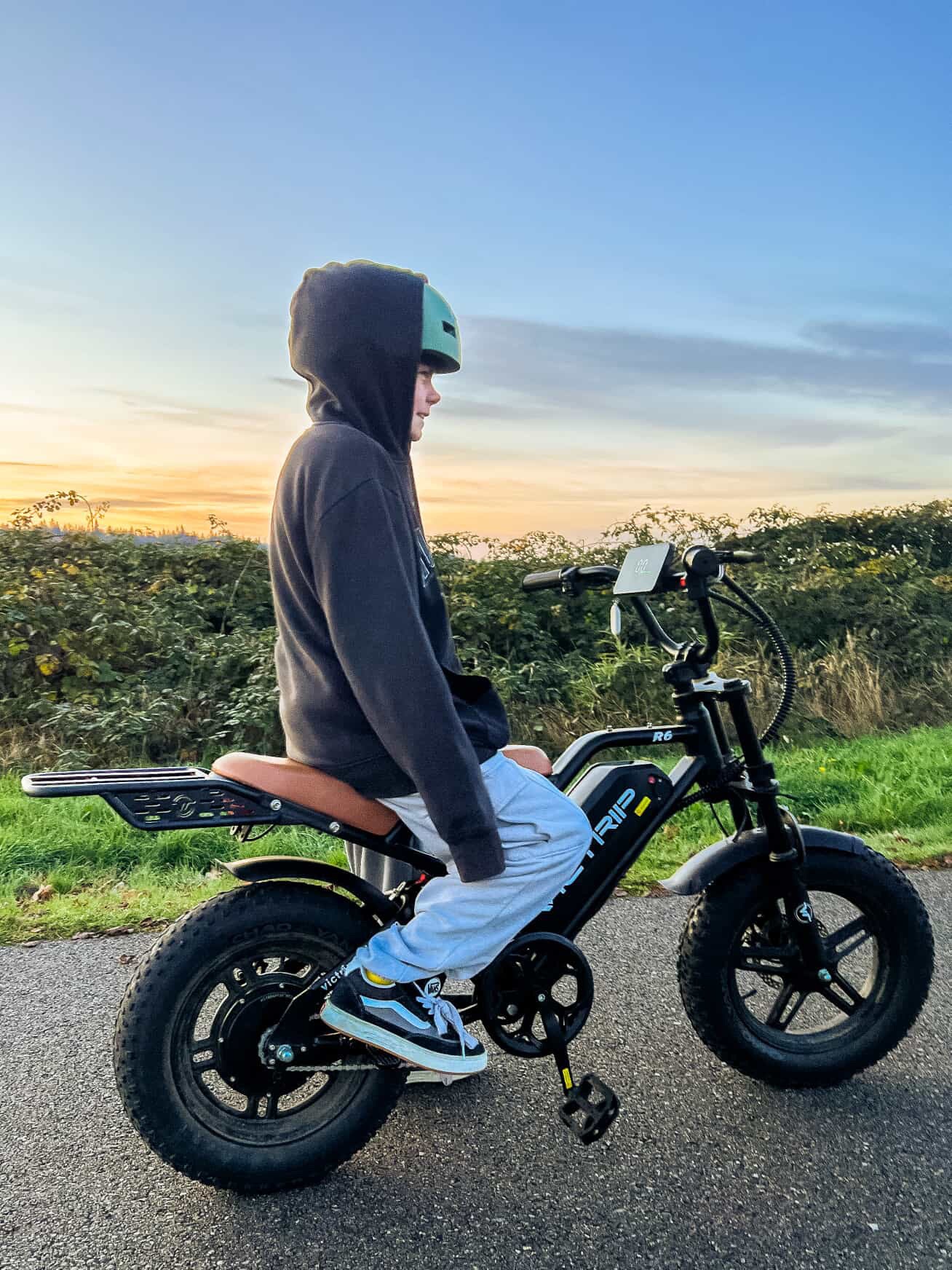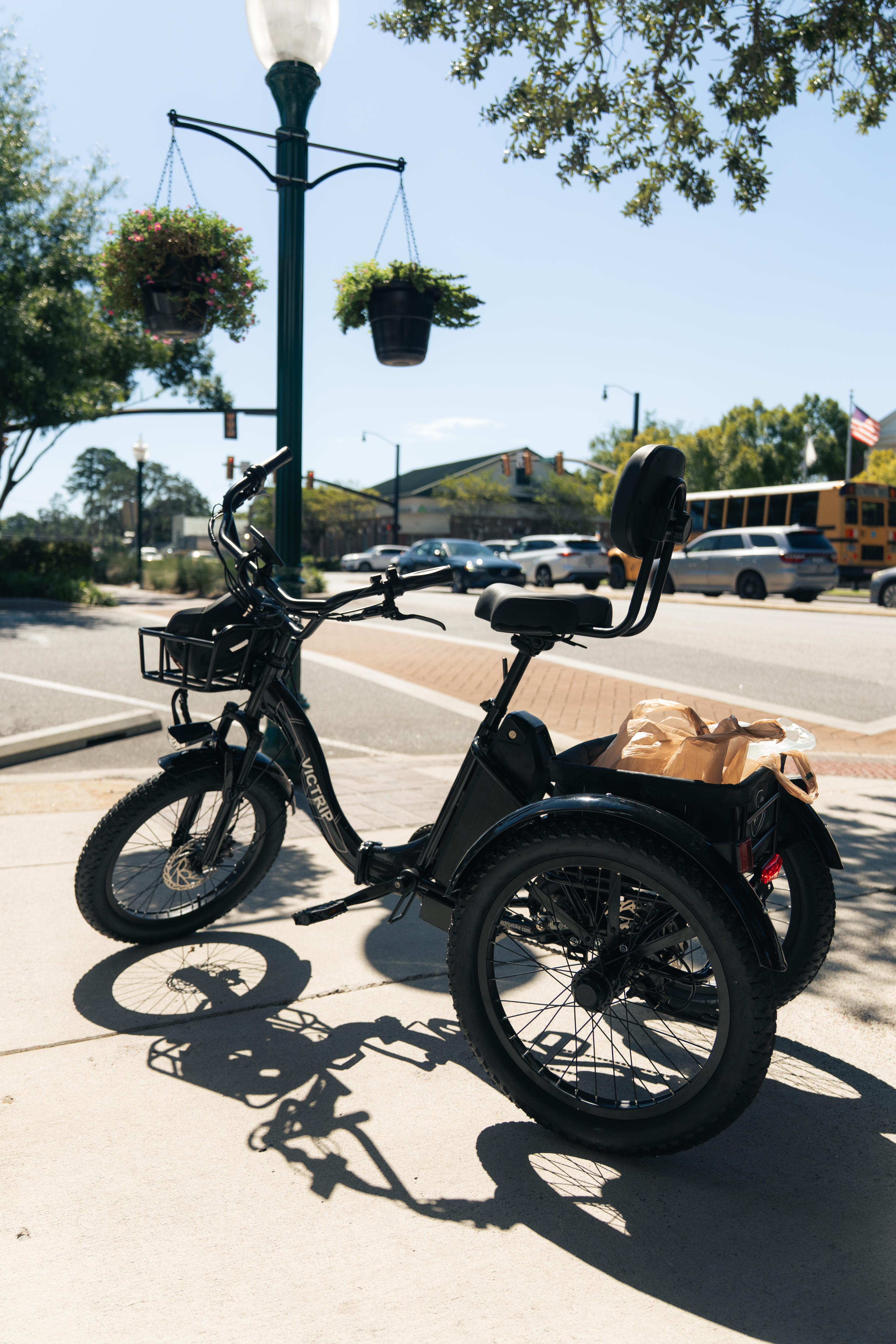
Electric bikes are not all created equal—especially when it comes to battery voltage. Voltage directly influences how much power your eBike delivers to the motor, and that power translates into speed, torque, and performance.
What Does Voltage Mean in eBikes?
Voltage, in simple terms, is the pressure that pushes electric current through the system. The higher the voltage, the more power is sent to the motor, allowing your eBike to perform stronger acceleration and handle more demanding terrain.
How Voltage Impacts Performance
A higher voltage battery like 48V provides:
-
Stronger torque for uphill climbs
-
Faster acceleration
-
Greater top speeds
In contrast, a 36V system is gentler and consumes energy more gradually, which is suitable for casual, flat-terrain riding.
Breaking Down the 36V eBike Battery
Let’s explore why many riders still opt for a 36V battery, despite the hype around higher-voltage models.
Key Features of 36V Batteries
-
Typically paired with motors up to 500W
-
Ideal for short to moderate commutes
-
Lower weight and compact design
-
Lower replacement costs
Pros and Cons of 36V Systems
Pros:
-
Lightweight and compact
-
Cost-effective
-
Energy-efficient on flat roads
Cons:
-
Lower torque and acceleration
-
Struggles with steep hills
-
May feel underpowered for long rides or heavier riders
The Power Behind 48V eBike Batteries
48V systems are considered the “standard” for performance eBikes and mid-range commuter models.
What Makes 48V a Popular Choice?
The main appeal of a 48V system is its performance boost:
-
Easily handles hilly terrain
-
Quicker acceleration from stops
-
Longer battery range when paired with high amp-hours (Ah)
One excellent example of a high-performing 48V eBike is the VICTRIP R6. Designed for power-hungry riders, the VICTRIP R6 delivers exceptional torque and stability—perfect for urban exploration and off-road adventures. Like all VICTRIP eBikes, the R6 runs on a robust 48V battery system, ensuring longer rides, steeper climbs, and reliable output even under heavy loads.
Whether you're commuting to work or heading out for weekend trails, 48V-powered VICTRIP models like the R6 make sure you’re not left behind.
Pros and Cons of 48V Systems
Pros:
-
Higher speeds and torque
-
Better suited for rough terrain or heavier loads
-
Improved power consistency
-
Compatible with high-capacity motors (500W–1000W+)
Cons:
-
Higher cost
-
Heavier battery and components
-
May require more advanced chargers
36V vs 48V: Side-by-Side Comparison
| Feature | 36V Battery | 48V Battery |
|---|---|---|
| Power Output | Moderate | High |
| Speed Potential | 15–20 mph | 20–28+ mph |
| Range (varies by Ah) | 20–40 miles | 30–60 miles |
| Torque | Limited | Strong uphill performance |
| Weight | Lightweight | Heavier |
| Cost | More affordable | Generally more expensive |
Terrain & Use Case: Which Voltage Works Best?
Urban Commuting
36V batteries shine here. You don’t need massive torque or speed to navigate city streets.
Hills and Off-Road
This is where 48V takes the crown. The added power makes conquering inclines and off-road paths much easier, especially with a 750W motor.

Cost Analysis: Is 48V Worth the Extra Money?
Yes—if you need the power. While 48V systems can cost 15–25% more, the investment pays off in:
-
Enhanced range
-
Higher power output
-
Greater lifespan due to efficient power distribution
However, for budget-conscious users or flatland commuting, 36V is still a solid choice.
Compatibility: Will a 48V Battery Work with My eBike?
No, not without matching motor and controller components. Always check your system voltage specs. Installing a 48V battery into a 36V motor can cause overheating or permanent damage.
Safety Considerations
Higher voltage = higher responsibility. With 48V:
-
Use a compatible charger
-
Monitor battery temperature
-
Avoid water ingress or puncture risks
Always follow the manufacturer’s safety guidelines and avoid DIY modifications unless you're experienced.
Future-Proofing: Which Battery Type Lasts Longer?
Battery longevity depends on quality and care, but 48V batteries tend to degrade slower due to:
-
Less strain on cells when operating at higher voltages
-
More efficient energy transfer
-
Improved thermal regulation
How to Choose Based on Rider Profile
Beginners and Casual Riders
-
✅ Choose 36V
-
Affordable, safe, easy to control
Daily Commuters
-
⚖️ Choose based on terrain
-
Flat = 36V, Hills = 48V
Performance Enthusiasts
-
🚀 Choose 48V
-
Delivers the power and range thrill-seekers need
Expert Tips to Maximize eBike Battery Performance
-
Avoid full discharges; recharge before hitting 20%
-
Store in cool, dry places
-
Use original chargers only
-
Don’t overcharge; unplug after full recharge
-
Clean battery contacts monthly
Real-World Case Studies: 36V vs 48V in Action
-
Case 1: Victor, 32, NYC commuter: Switched from 36V to 48V after moving to a hilly borough—cut commute time by 25%.
-
Case 2: Maya, 27, student: Uses a 36V folding eBike on campus—lightweight, fits in her dorm, lasts all week.
Conclusion
Both 36V and 48V batteries have their place in the eBike world. Your choice should align with how and where you ride. For flat, daily commuting and cost savings, go with 36V. But if you crave power, speed, and hill-crushing performance, 48V is the way to go.
FAQs
Is 48V faster than 36V?
Yes. All else equal, a 48V system will provide faster acceleration and a higher top speed than 36V.
Can I upgrade from 36V to 48V?
Not directly. You must also upgrade your motor and controller to handle the higher voltage.
Is 36V enough for hilly areas?
It depends. For mild hills and light loads, it’s okay. But for consistent or steep climbs, 48V is better.
Which battery lasts longer per charge?
Generally, 48V batteries paired with the right amp-hour rating offer longer range.
Are 48V eBikes heavier?
Yes. The batteries are typically larger and heavier due to more cells and higher energy capacity.
Is there a legal speed limit for eBikes?
In many regions, eBikes are limited to 20–28 mph depending on class. Always check your local laws.




Share:
Foldaing EBike Safety Tips for New Riders
How to Choose the Best Electric Bike Trailer for Your Needs?